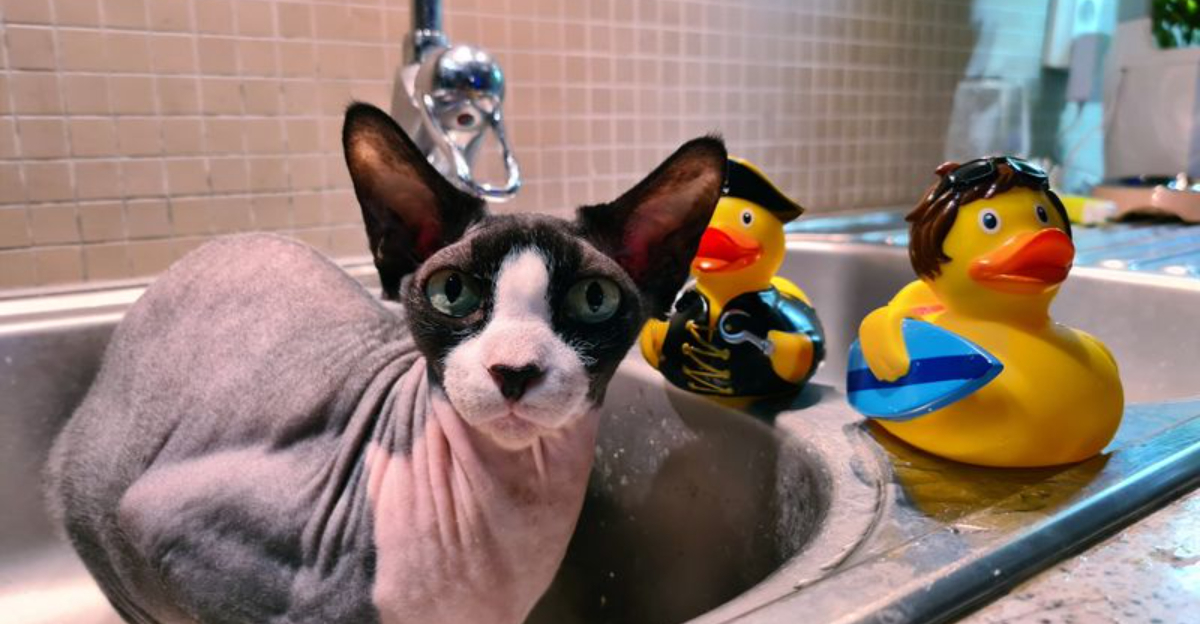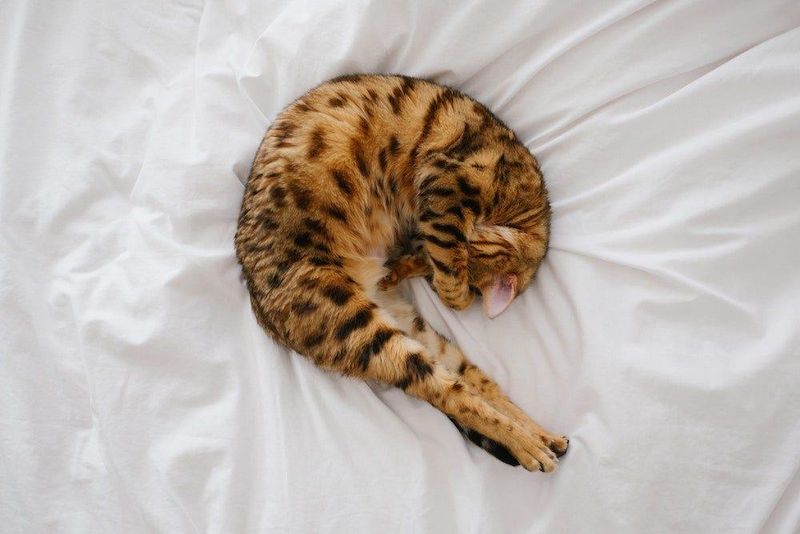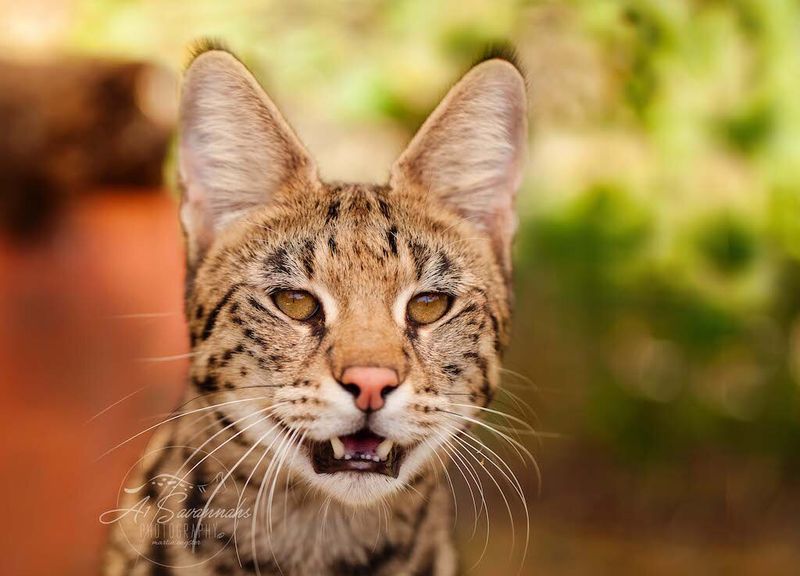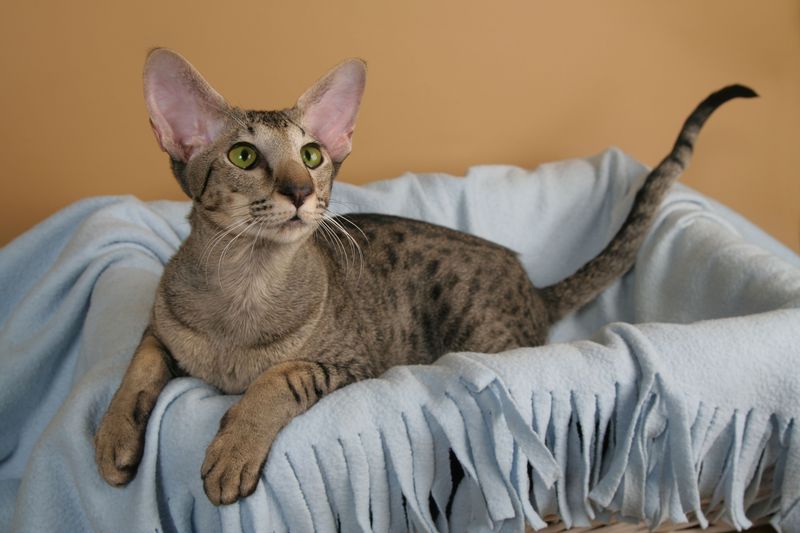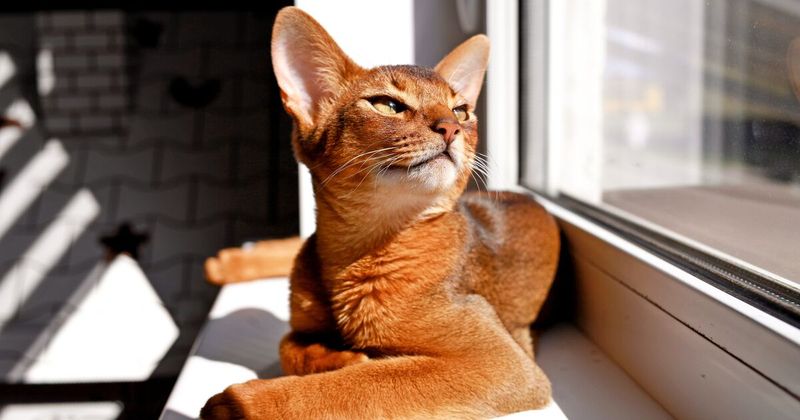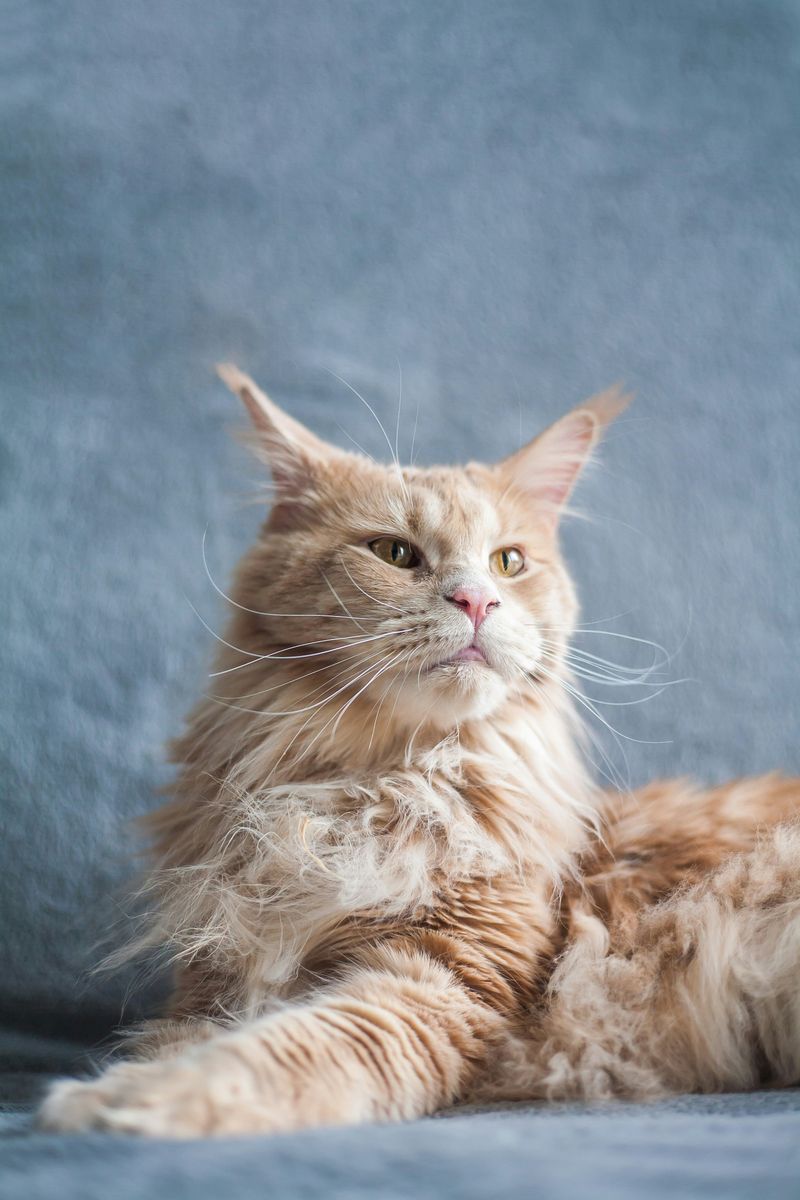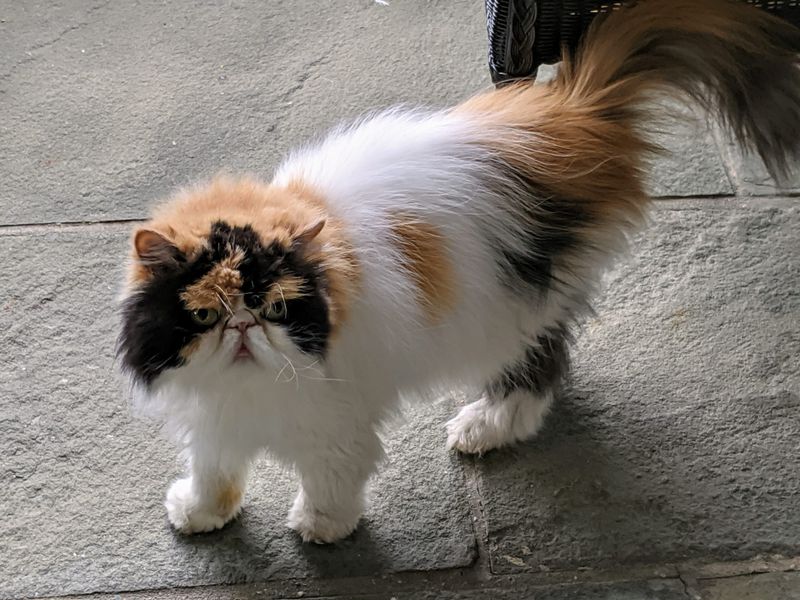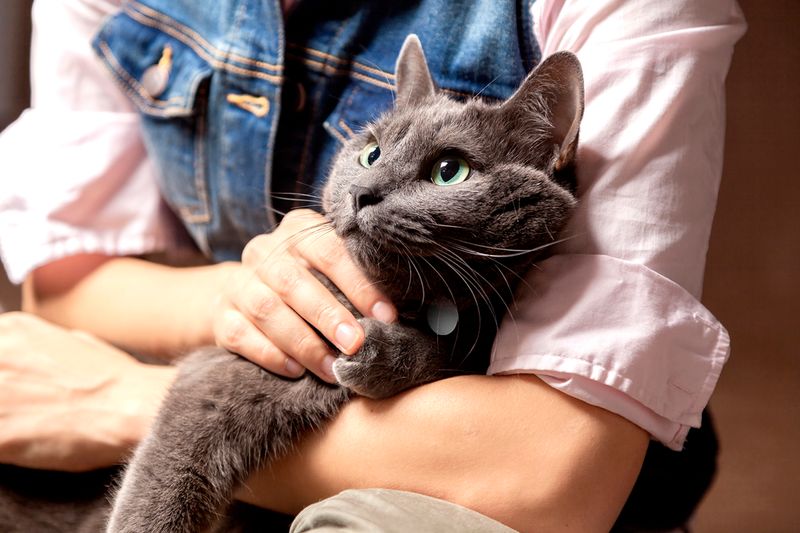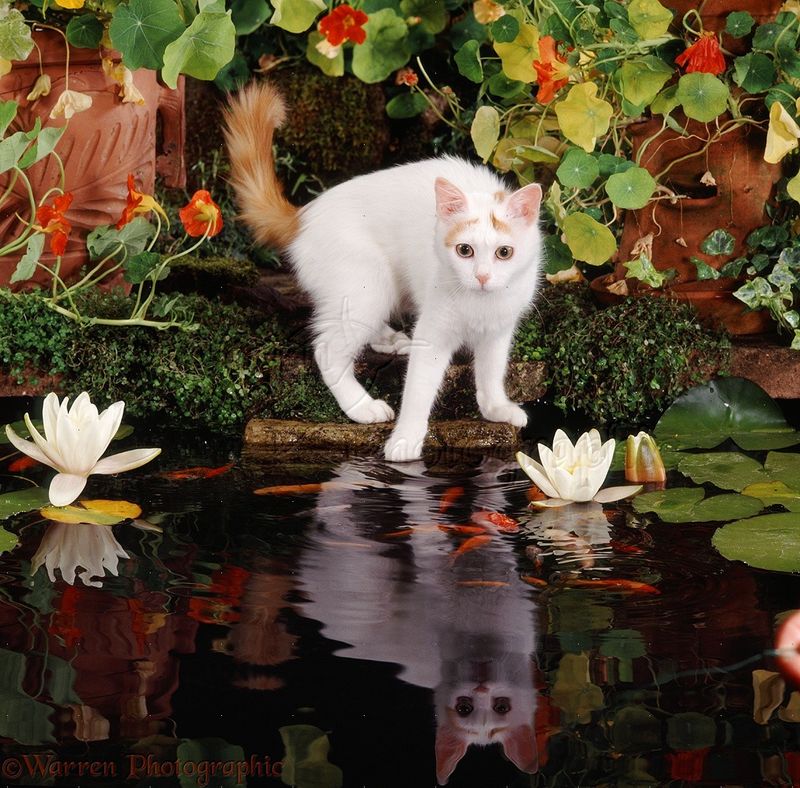📖 Table of Content:
Living with roommates can be an exciting and cost-effective way to share rent, divide chores, and even build lasting friendships. But throw a cat into the mix—especially one with a larger-than-life personality—and things can go sideways fast. Not all cats are low-maintenance cuddle bugs; some come with quirks, high energy, or demanding traits that just don’t jive with the dynamics of shared living spaces.
Choosing a feline companion when others are under the same roof requires extra consideration. You might be okay with constant meowing at 3 a.m. or cat hair on your clothes, but your roommates might not be as forgiving. That’s why it’s important to avoid breeds that are known to be vocal, overly active, difficult to groom, or otherwise high-impact in a small apartment environment.
Below are 9 cat breeds that, while charming in their own right, may stir up drama, test boundaries, or require more care than your roommates ever signed up for. If harmony is your goal, you’ll want to read carefully and maybe steer clear of these whiskered wildcards.
1. Bengal
Don’t let their wild beauty fool you—Bengals are full-time chaos engines. They thrive on stimulation, and without enough, they’ll create their own fun—usually at the expense of your furniture or peace. Roommates may not appreciate coming home to shredded curtains or hearing midnight zoomies across the kitchen counter. Highly intelligent, Bengals often open drawers and cabinets, digging into items that don’t belong to them. Their strength and athleticism mean they can reach places most cats wouldn’t dare, making “off-limits” zones nearly impossible. Even their playful “love nips” can come across as aggressive to unsuspecting housemates. Bengals need a household that’s equally energetic and cat-experienced—not just tolerant.
2. Savannah
With wild roots and hybrid lineage, Savannah cats often carry unpredictable energy. They can grow quite large and demand a lot of physical and mental exercise. If they don’t get it, they can become destructive or display dominant behaviors toward people. Roommates may find themselves dealing with a cat that stalks them playfully—or not so playfully—through the halls. Their aloofness with strangers can lead to hissing, swatting, or retreating, making social gatherings awkward. Their preference for one or two humans means they may not “warm up” to all residents equally. Owning a Savannah in a shared space requires full disclosure and full commitment from everyone involved.
3. Sphynx
Contrary to their bare appearance, Sphynx cats are high-maintenance divas. Their lack of fur means they leave behind skin oils on furniture, bedding, and clothing—something roommates may find off-putting. They require regular baths to stay clean and odor-free, which can feel like a lot in a small shared bathroom. Social to the core, Sphynx cats follow people around like shadows and expect constant engagement. They may curl up on laps uninvited or sneak into others’ rooms in search of attention or warmth. Their need for sweaters in winter and sunscreen in summer adds an extra layer of care. For roommates not onboard with cat-centric living, the Sphynx may cross too many comfort boundaries.
4. Oriental Shorthair
Often mistaken for the Siamese, Oriental Shorthairs are even more talkative and emotionally intense. They bond deeply with their humans, sometimes to the point of jealousy. This breed craves interaction and will cry out if left alone or ignored, regardless of the hour. Their vocalizations can range from cute to shrill, depending on their mood and needs. Territorial by nature, they might not welcome new people or other pets with open paws. Roommates who aren’t cat lovers may feel bombarded by the cat’s constant attention-seeking behavior. While undeniably affectionate, they demand the spotlight in ways that not everyone under your roof will appreciate.
5. Abyssinian
Don’t expect much lounging around from an Abyssinian—they’re way too curious for that. These cats treat homes like jungle gyms, leaping, climbing, and investigating anything they can reach. Roommates may find them nosing through laundry baskets, knocking over drinks, or tearing through shelves. They’re not aggressive, but their intense curiosity can be exhausting to manage. Unlike lap cats, they rarely sit still and may react poorly to being restrained or picked up. Abyssinians are happiest in environments with lots of interaction and exploration space. For shared apartments, their constant motion and disregard for personal property can easily rub others the wrong way.
6. Maine Coon
Maine Coons come with literal size issues. Their long, luxurious fur means lots of shedding, which can trigger allergies or simply be a nuisance for roommates. They need regular brushing, and when neglected, mats and hairballs can appear around the home. These cats also take up serious space—counters, couches, and even your bed are all fair game. Their meows are soft, but their presence is massive, and not everyone loves a 20-pound cat sprawled out in the hallway. Though friendly, they may not respect boundaries and can unintentionally overwhelm non-cat people. Keeping a Maine Coon in a shared household is like adding a fourth roommate—one with no concept of personal space.
7. Persian
Elegance comes at a cost when you bring home a Persian. These cats are extremely high-maintenance, requiring daily grooming to avoid painful mats and tangles. That means hairbrushes and grooming sessions in shared living spaces—not ideal for everyone. Persians also tend to shed heavily and often need special diets or veterinary care for respiratory issues. Their sensitivity to noise and change can make them easily stressed in dynamic environments. They may retreat or act out when overwhelmed by guests or loud roommates. Despite their quiet charm, they need a calm and predictable home—not always possible in a busy apartment.
8. Russian Blue
At first glance, Russian Blues appear to be the perfect roommate—quiet, clean, and low-shedding. But their introverted nature means they’re easily spooked by strangers or unfamiliar environments. Roommates who entertain often or come and go frequently may find the cat constantly hiding. They form deep bonds with one person and may be standoffish or fearful toward everyone else. Their routines are sacred, and disruptions can lead to stress-based behaviors like over-grooming or litter box avoidance. While polite, they may become ghosts in the house, only surfacing for their chosen person. If you’re sharing space, that reclusive behavior can be hard for others to understand—or tolerate.
9. Turkish Van
Swimming in personality (and sometimes water), the Turkish Van is not your average house cat. These adventurous felines are known to splash in sinks, jump into bathtubs, or even drink from toilets if left uncovered. Their strong will and independence can make them difficult to train or discipline. Roommates may be annoyed or shocked by water puddles and overturned cups. While affectionate, they’re not overly cuddly, and their mood can shift without warning. They are highly territorial and dislike being confined, so they may demand access to every room. Turkish Vans turn homes into playgrounds—and not everyone will be a fan of the wet chaos.
